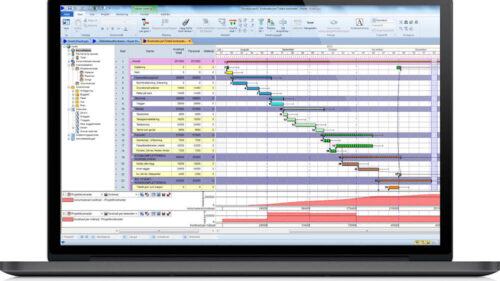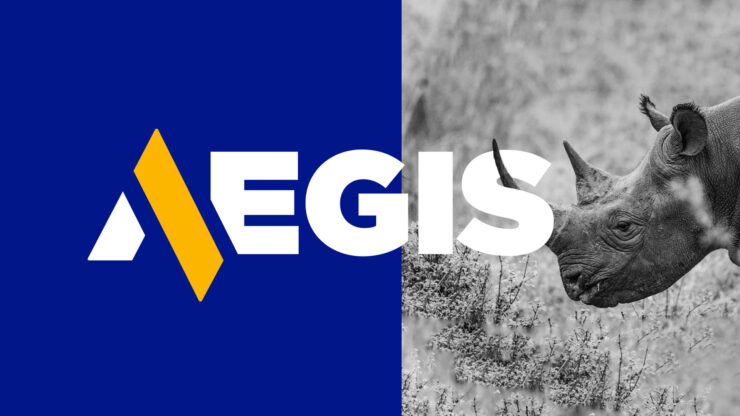
 Traditional Baseline Schedule Development vs. Interdependent CPM Baseline Schedule DevelopmentWill it Actually Work? Yes, it will! And Aegis has successfully implemented the ICPM on multiple projects, with exceptional results at the Intelligence Community Comprehensive National Cybersecurity Initiative Data Center in Camp Williams, Utah. This project was a joint-venture with Balfour Beatty, Big-D, and DPR. Working collectively was the JV, The Army Corps of Engineers and Aegis, we were able to develop in a short period of time a rolling wave baseline, a detailed owner’s and subcontractor’s payment requisitions all while concurrently producing two-week schedule updates and payment applications. The ICPM was literally the only scheduling method that would work on a project of this size and pace, as it allowed for faster response times from both the owner and JV.
Traditional Baseline Schedule Development vs. Interdependent CPM Baseline Schedule DevelopmentWill it Actually Work? Yes, it will! And Aegis has successfully implemented the ICPM on multiple projects, with exceptional results at the Intelligence Community Comprehensive National Cybersecurity Initiative Data Center in Camp Williams, Utah. This project was a joint-venture with Balfour Beatty, Big-D, and DPR. Working collectively was the JV, The Army Corps of Engineers and Aegis, we were able to develop in a short period of time a rolling wave baseline, a detailed owner’s and subcontractor’s payment requisitions all while concurrently producing two-week schedule updates and payment applications. The ICPM was literally the only scheduling method that would work on a project of this size and pace, as it allowed for faster response times from both the owner and JV.
This method requires up-front commitments from the owner and the general contractor. Multiple meeting will have to occur, whether in person or remotely to plan and develop the project schedule. This collective effort will include pull-planning sessions, phasing schedules, and scheduling charrettes. The projects that have successfully implemented the Interdependent CPM Scheduling method had both the resources to co-locate both groups which allowed for the ease of collaboration as well as two willing participants that both wanted to see a useful tool being implemented more efficiently for the betterment of the project
Recent Posts

ASAMW and Aegis: Empowering subcontractors through education

Always moving forward: Aegis support propels local rugby clubs

Aegis Analytics version 5.4 is here!

Aegis Analytics version 5.3 is live!

Inside Aegis Analytics: 5.2 Update

Debunking planning and scheduling myths

Office spotlight: Europe region
